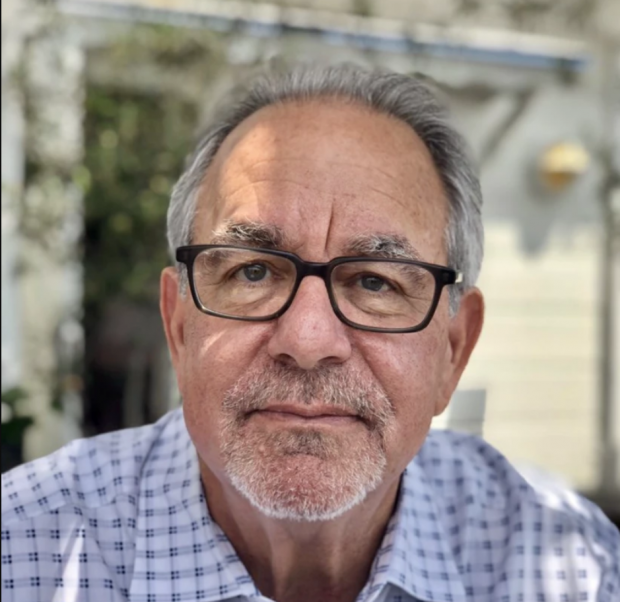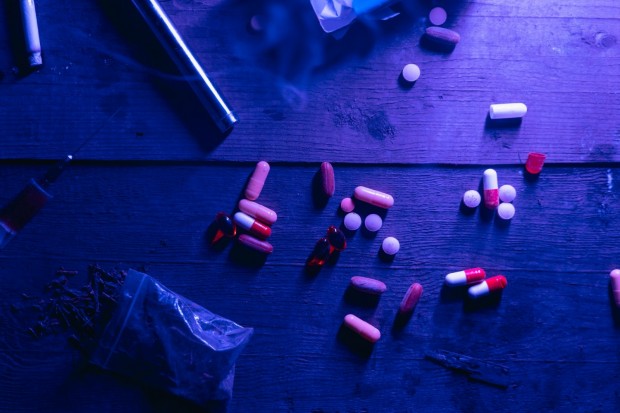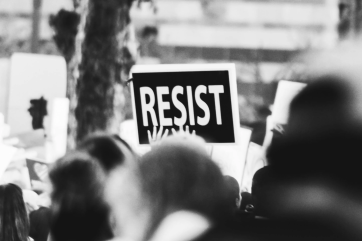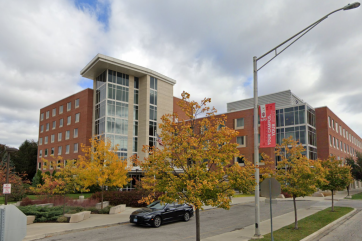Photo : MART PRODUCTION from Pexels
It's been almost 40 years since my life became so unmanageable that I said the magic phrase "I need help." The majority of that time has been spent working with others in recovery. Much of this time is spent talking with families who are desperate for answers, and in a lot of pain.
If they're talking to me, then at least their loved one still has a chance to survive. Three hundred families each day get the call that their loved one will no longer have another opportunity to recover. This is the reality of the opioid epidemic.
Behaviors that Hurt Your Addicted Loved One
Having a loved one struggle with addiction is a very difficult situation, and one of the hardest things a parent can go through. Unfortunately, many parents create support for the addiction instead of the recovery. This is known as suffering from codependency or being a codependent enabler. This concept was popularized in the book by Melody Beatty called Codependent No More.
If you love someone with an SUD or other behavioral addiction, you may be enabling the addiction to continue by protecting them from the consequences of their behavior. If you are providing money, food, or shelter to someone who is in active addiction, you are enabling the addiction.
Do you experience any of these symptoms?
-
Highly emotional reactions to (or obsessing about) their behavior
-
Controlling them with words or deeds
-
Weak (or non-existent) boundaries - you put your needs last
-
Taking the blame for them
-
An unhealthy dependence on the relationship (fear of being abandoned)
If this enabling allows the person to continue using illegal drugs, then every use carries with it the risk that they might be poisoned by fentanyl (or another synthetic opioid like protonitazene or isotonitazene). The entire illicit drug supply has been poisoned by fentanyl, according to the DEA. This is the primary reason that the number one cause of death for people aged 18 to 45 is accidental overdose.
In short, if you are enabling them you need to stop immediately.
Behaviors that Help Your Addicted Loved One
Positive relationships and healthy family dynamics require love, empathy, honesty, trust, and effective communication. When family dynamics are healthy and positive, individuals can exponentially broaden their support system. Family members can take up beneficial roles and behavior that help encourage and support their loved ones in recovery. Those roles may consist of caregiver duties, accountability partnering, driving a loved one to and from therapy, or attending support group meetings with them.
Some of the healthier and more productive things that families of loved ones with an SUD do include:
-
Educating themselves about addiction
-
Prioritizing their own well-being and taking taking care of themselves
-
Having boundaries (and communicating and enforcing them)
You don't have to be cruel or abandon your loved one to be a productive family member. You can always ask how they were doing, and you can always show them your love for them. You can always offer them help in the form of assisting them to receive treatment.
Navigate these Difficult Waters with Professional Help
The best thing I can recommend for a family member of someone who is struggling with an SUD is to seek help. Getting in touch with a professional counselor can only help you by showing you what options you have and getting their input on what they think is going on with your relationship and what might be a positive next step. You will also find immediate relief from discussing the situation confidentially with a mental health professional.
Where to Get Help?
There are many resources available, but you can always start by contacting The Substance Abuse and Mental Health Association (SAMHSA) at 1-800-662-HELP (4357). If you or a loved one are in the San Diego area and struggling with an SUD, you can call Confidential Recovery at (619) 452-1200.
About the Author:

Scott H. Silverman was addicted to alcohol and illegal drugs when he "hit bottom," and pursued treatment in 1984. He's been helping others recover from addiction ever since. In 2014, he founded Confidential Recovery, a drug treatment program in San Diego that specializes in helping Veterans, first responders, and executives overcome substance abuse.
* This is a contributed article and this content does not necessarily represent the views of universityherald.com









